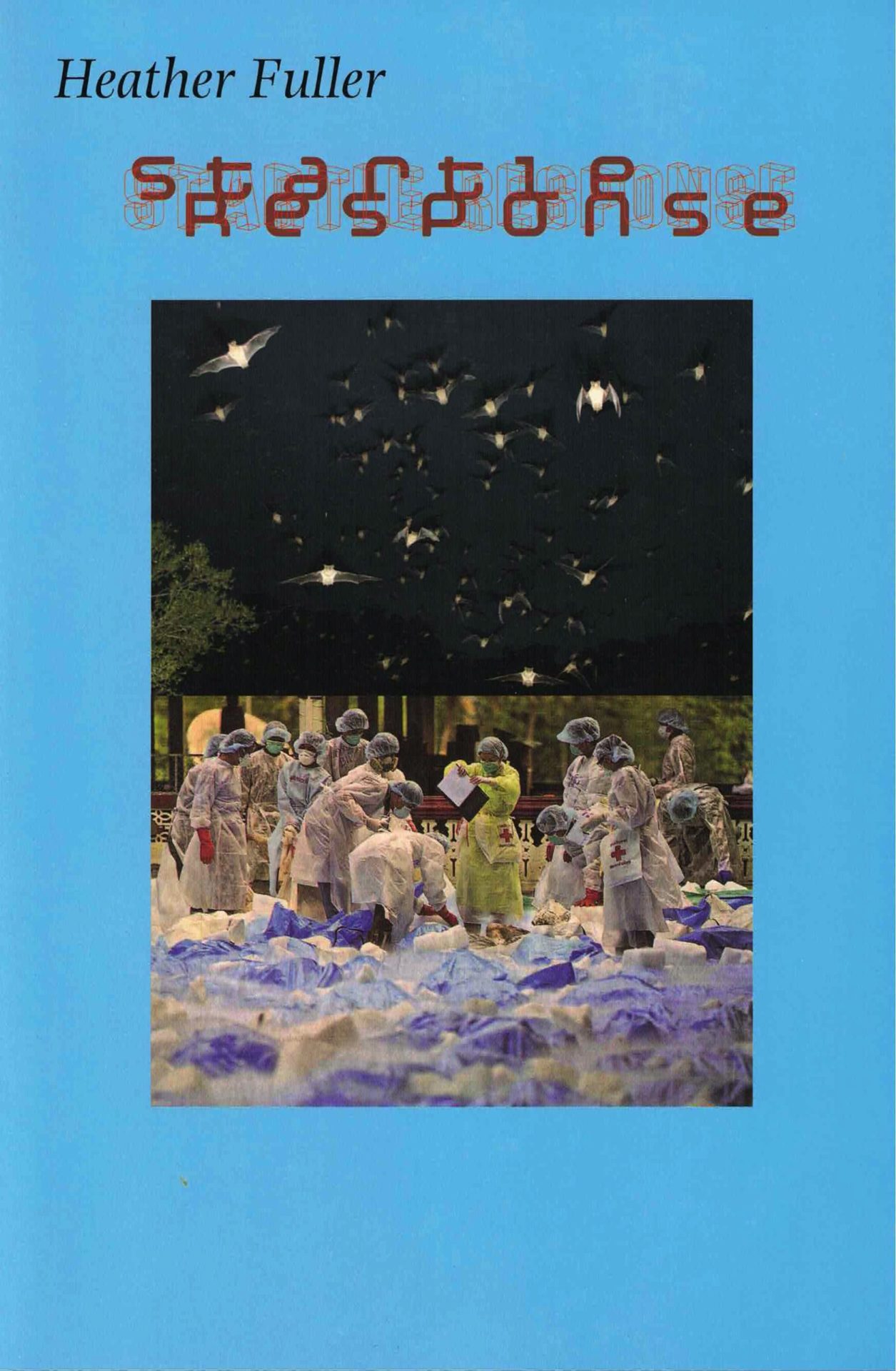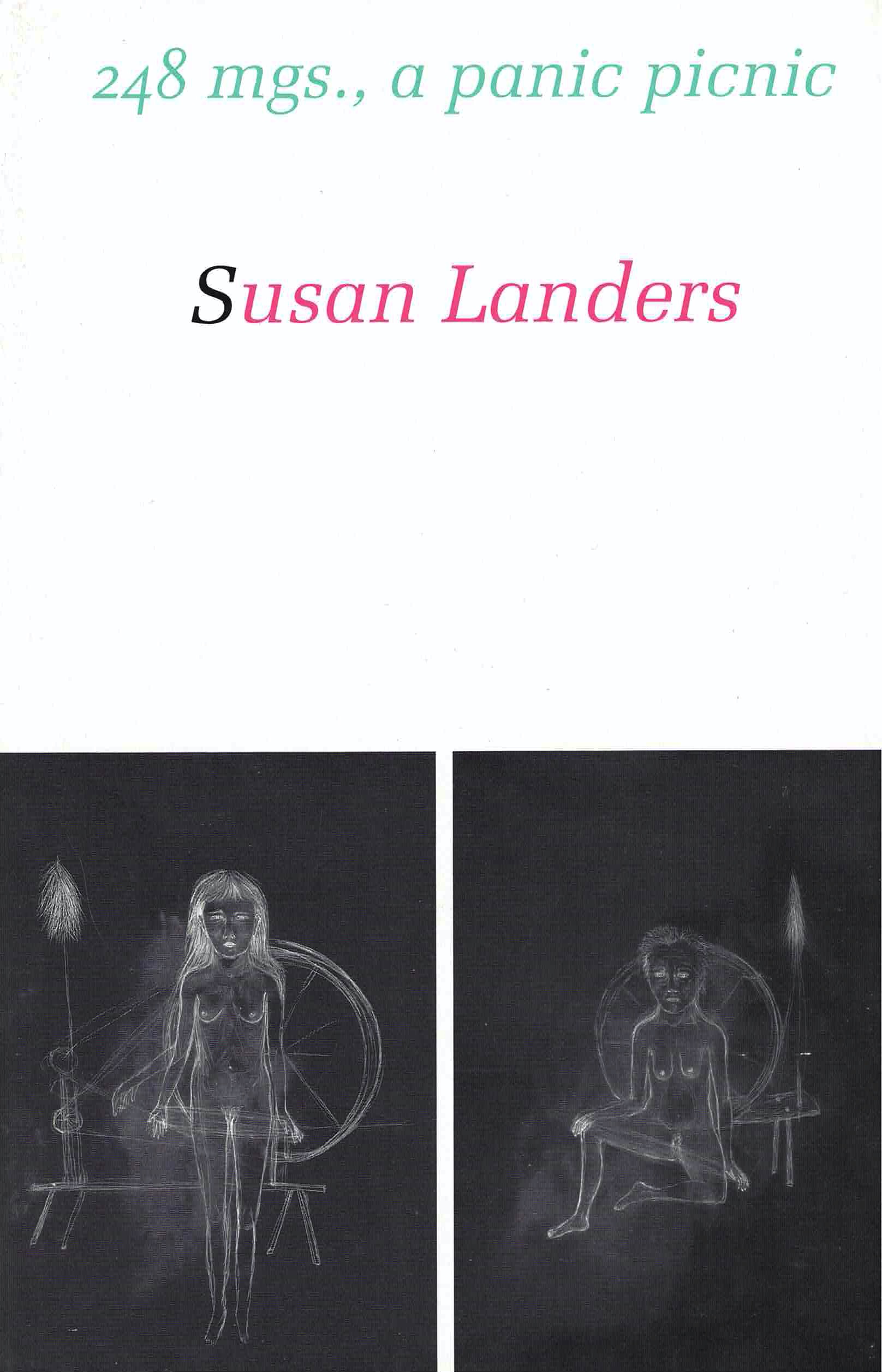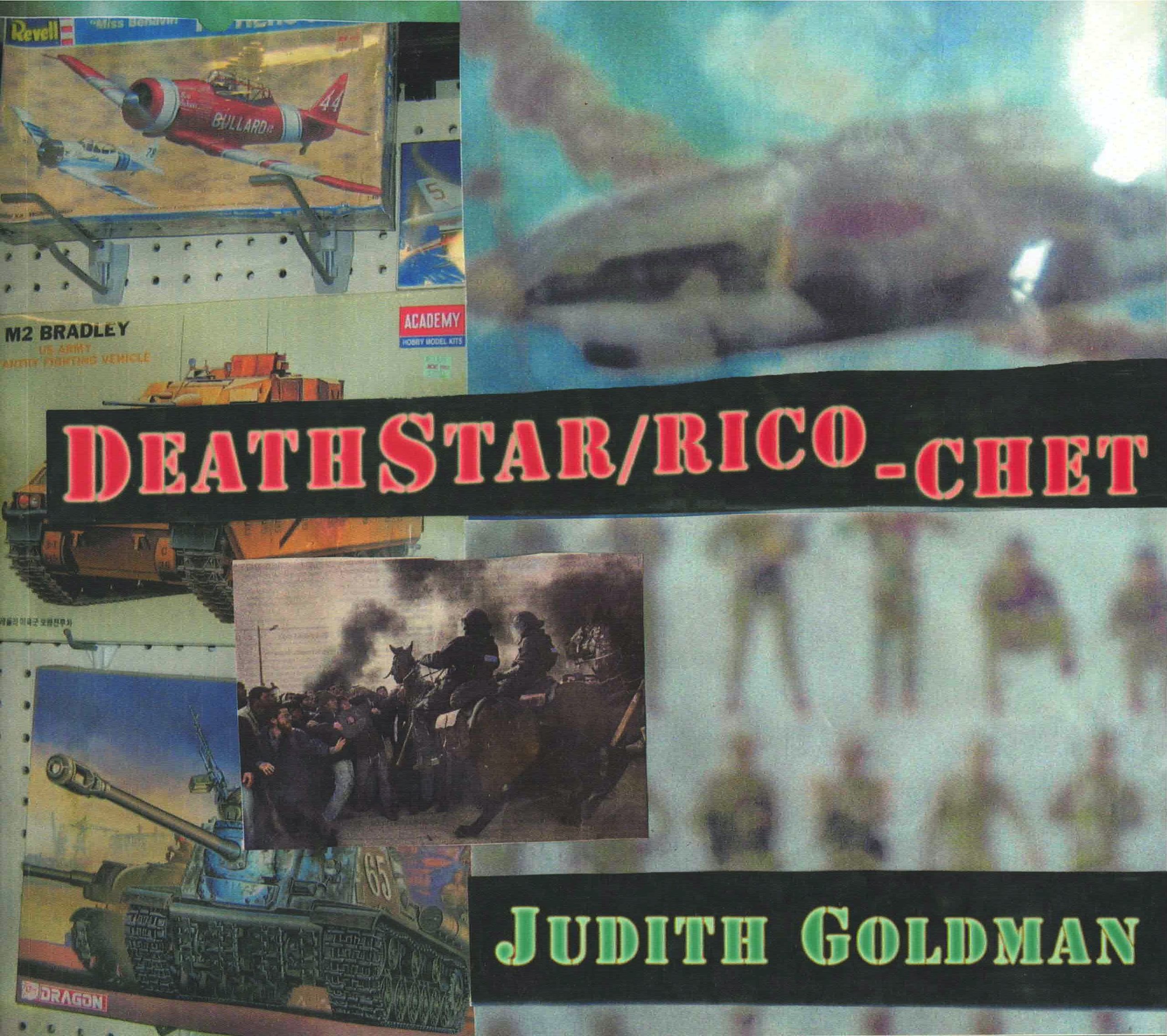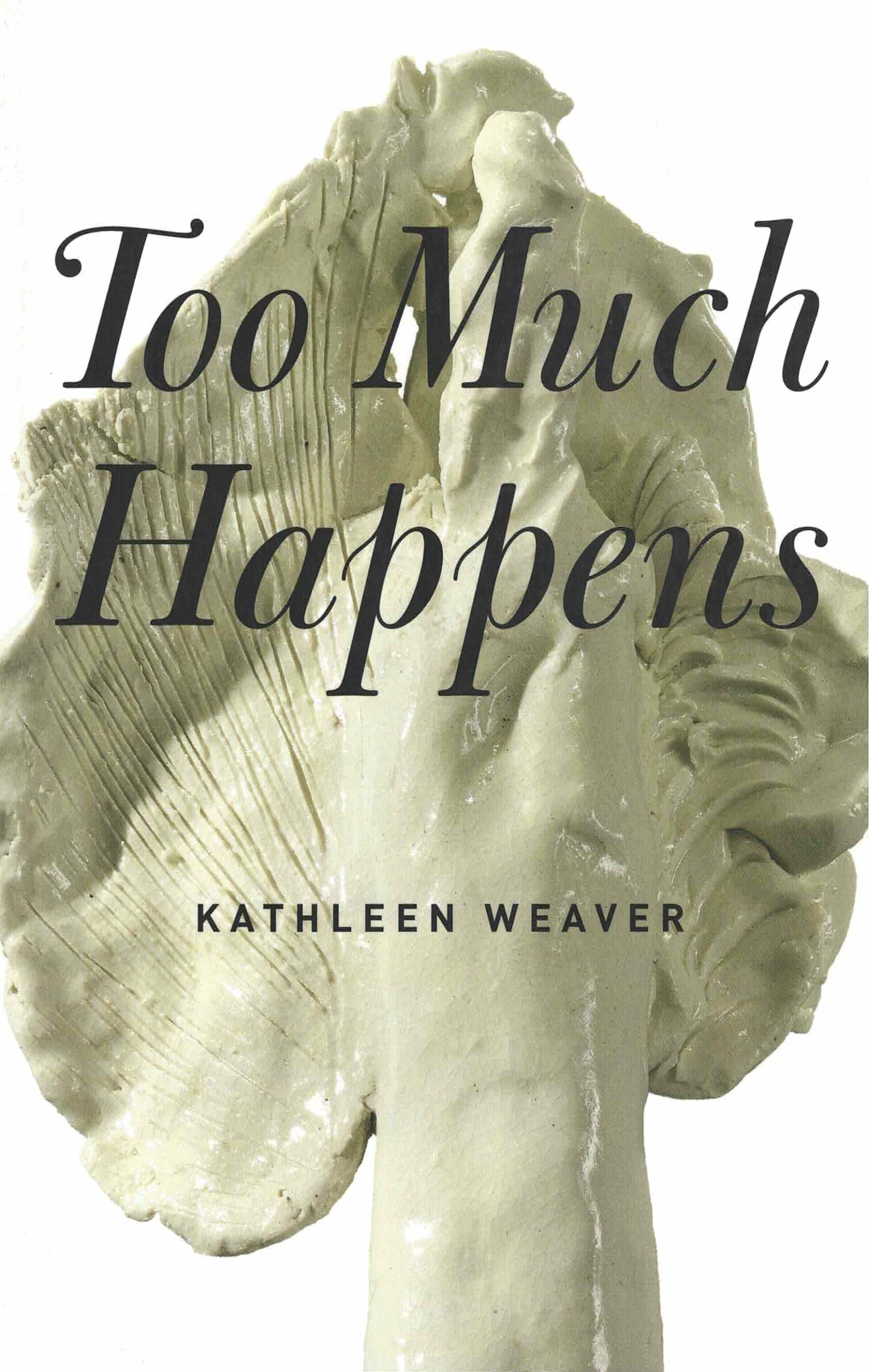In Heather Fuller’s Startle Response, the complex contours, historical density, and transformative potentiality of lived culture, are not given free reign (as that’s a coercion of the now-now / status quo) but put to the acid test of genuine democratic impulse: each and every momentary autonomy of the word gives (graceful) way to a more fulsome expression of the radical interdependencies that constitute us. — Rodrigo Toscano
Heather Fuller
Praise for Startle Response
These poems conjure a raw, emotive power—ineffable and refracted. Fuller’s tremendous formal skills create a focused coherency that engage the fluid edge of language, as it weaves through ethical, political, and personal concerns. Line breaks, repetitions, and visual orientation of text combine to enact evocative glances and momentary illuminations—those that are the most difficult and necessary of all. To read this poet is to engage worlds we have been missing.
— Jefferson Hanson
“Startle response,” according to a Veterans Administration website on post-traumatic stress disorder, is “the sudden jump or twitch” that happens in response to an unexpected stimulus: “You may notice that your heart beats faster, you breathe more quickly, you sweat and generally feel nervous and ‘on edge.’” In her long-awaited third book of poetry—itself a response to the global nightmare accelerated at astonishing rates by our current political administration—Heather Fuller’s strange beautiful music produces an analogous effect. But more importantly, from “patriot act in five scenes” to “bluegrass squalor,” Fuller’s dark funny book expands the definition of “startle response” beyond mere bodily reflex to what Silvan Tomkins calls a psychic “circuit breaker,” an “interrupter mechanism” which “resets” consciousness and enables a crucial shifting of attention from one thing to another. Fuller’s Startle Response thus has “the characteristics of an emergency mechanism in a communication system which interrupts ongoing activity with a special announcement”—one readers will especially welcome during these dark times.
— Sianne Ngai
What is most striking about the poetry of right now is how poems are being used to question and indict, rather than to comfort, by an emerging generation of poets. Startle Response examines our complicities and insists that we look on at the horrors—the horrors of the patriot act, of the privileged self… This book is for those who want more from poetry than a quiet house and a calm world. Its tense, tight poems are a stunning critique of nicety and narcissism in poetry.
— Juliana Spahr





The playful aggression and political intensities in Fuller’s third volume make it this poet’s most entertaining and most disturbing work to date... As the descriptions fade in and out of human resemblances and metaphors, a world emerges, hurt and resilient.
— Publishers Weekly
Over and over we’re asked to steady ourselves, to recalibrate how that line got us to this one: “when you sleep you miss / the courtesy service dream,” Fuller writes in “Notes on the Tarmac,” tracking something about mobility and modernity. Prufrock’s cheap retreats return as the future’s anonymous motels in which the personal is perishable. Just then, one decides “dream” is an imperative commanding what follows, “the trouble of the ones / who’d slept there but / that is now your trouble.” Endlessly displacing one another in featureless rooms, we have to share nightmares, the language and displacement itself. One is always trying to catch one’s balance, as if startled, as one often is amid this jagged and terrific book.
— Joshua Clover, NY Times Book Review